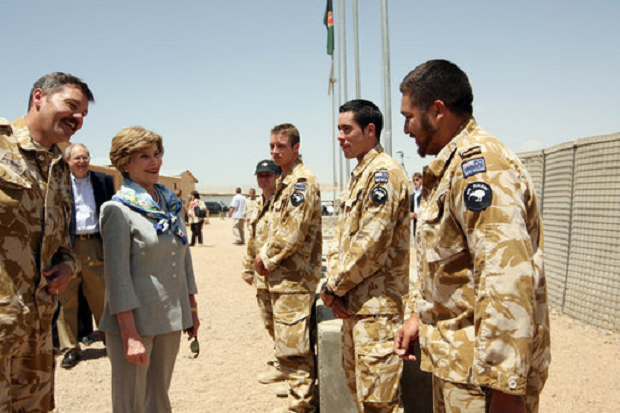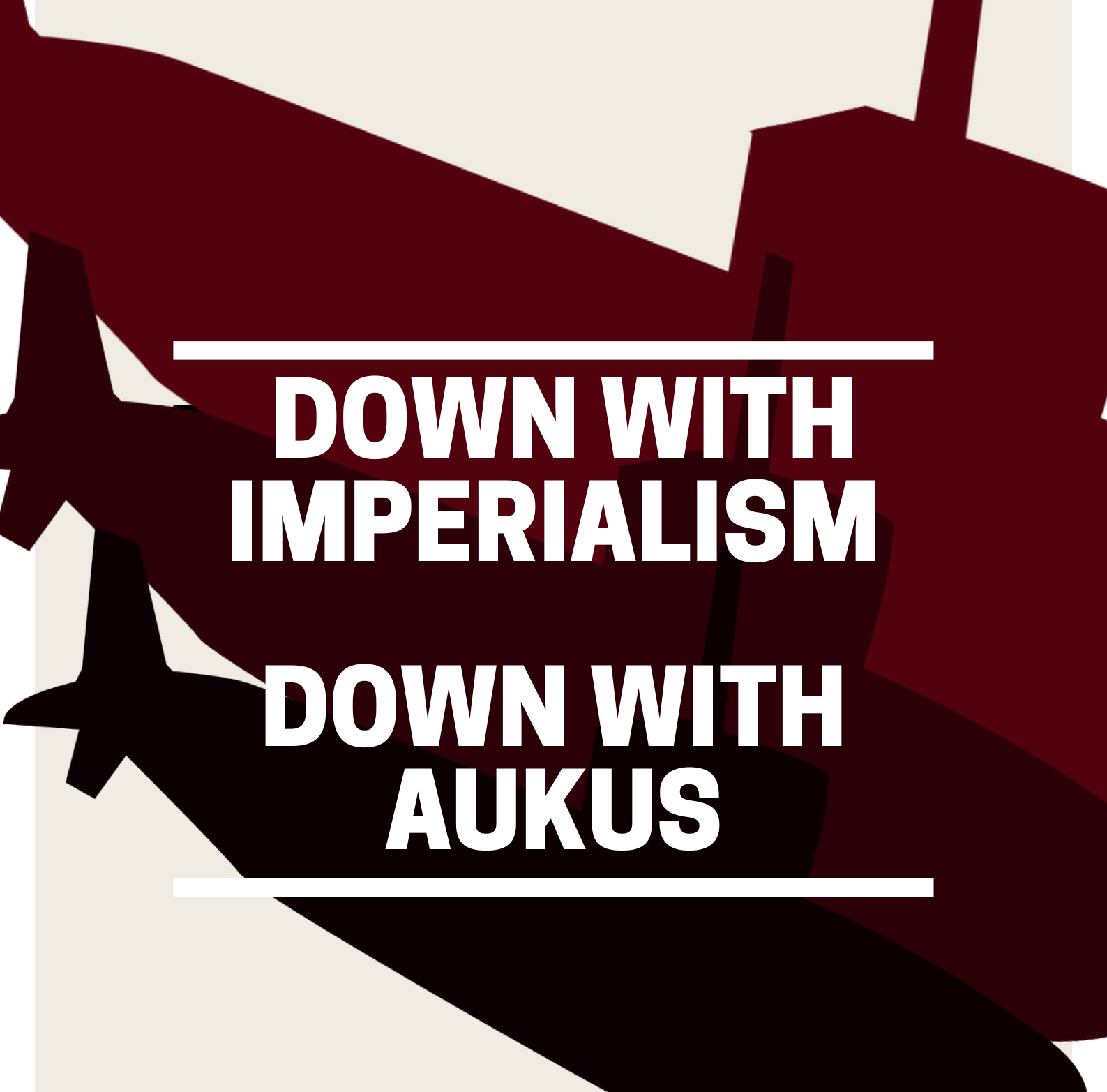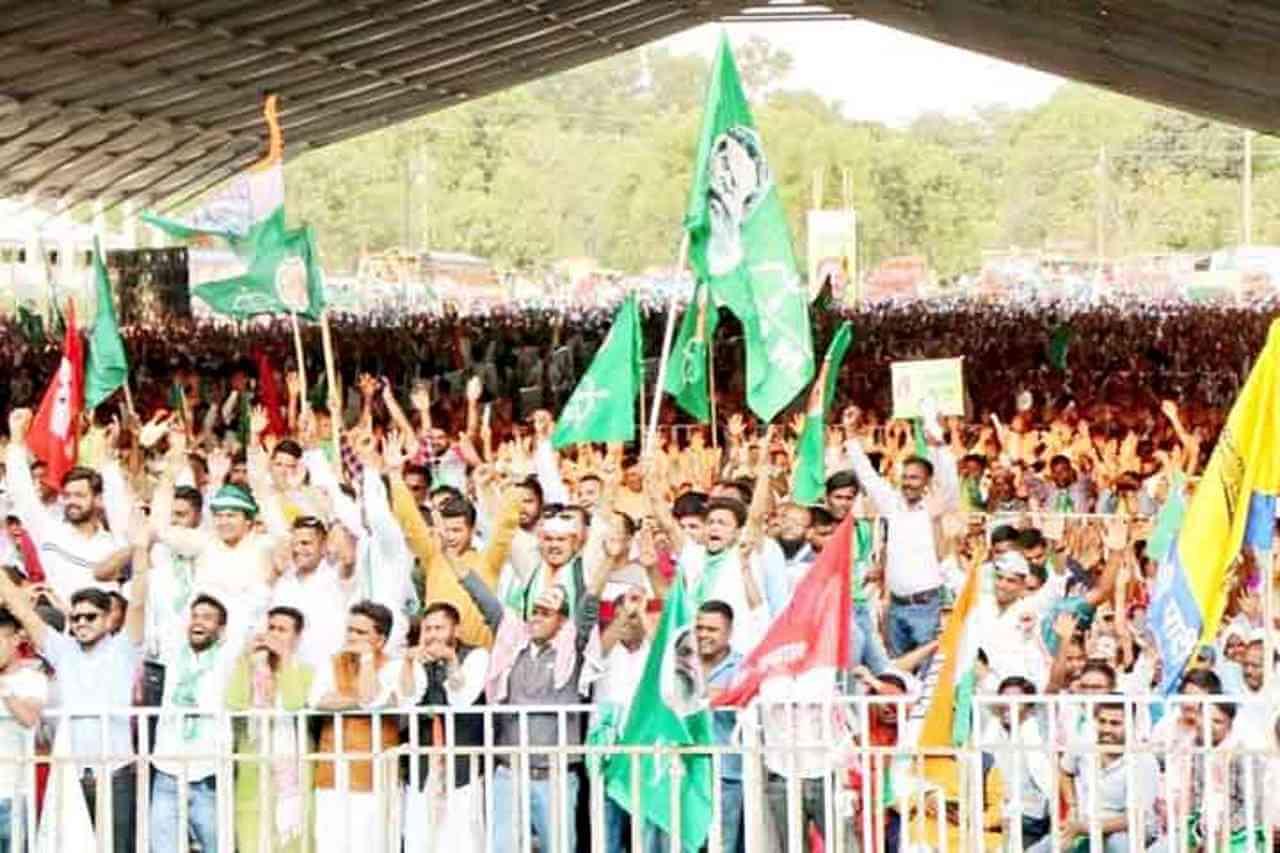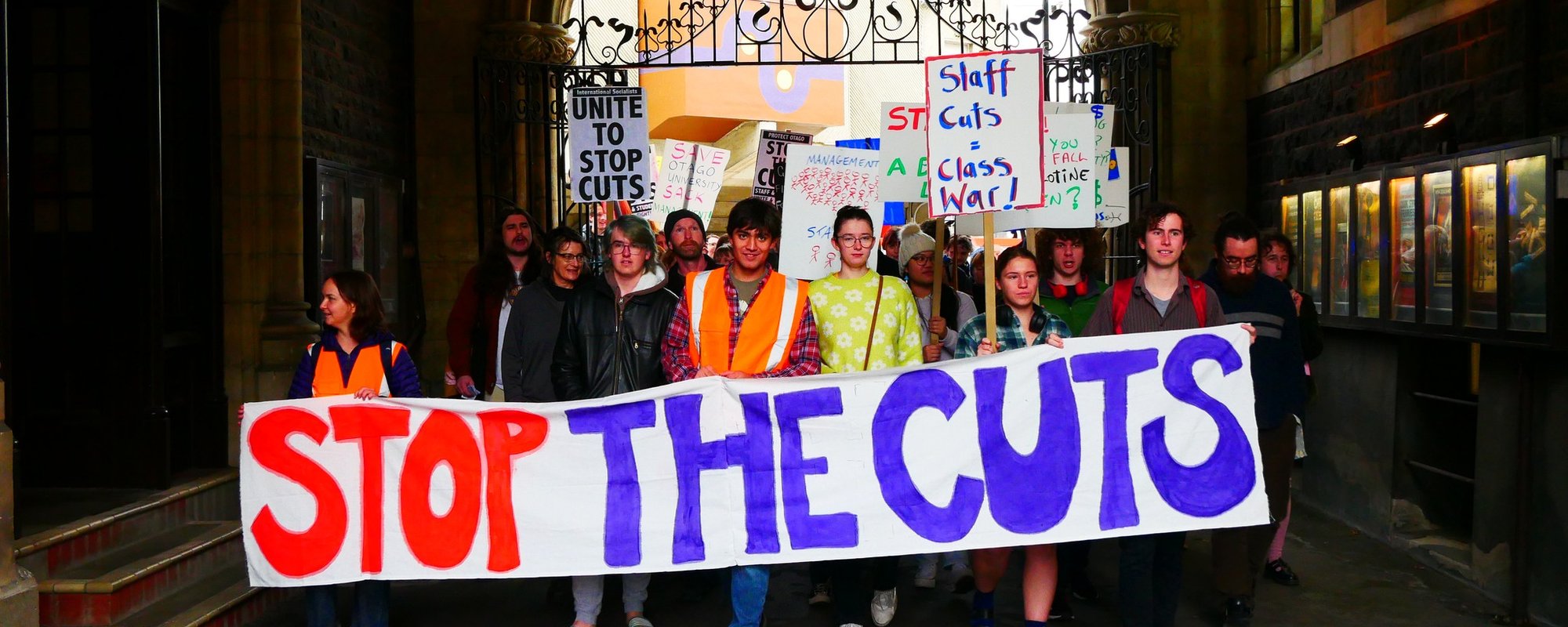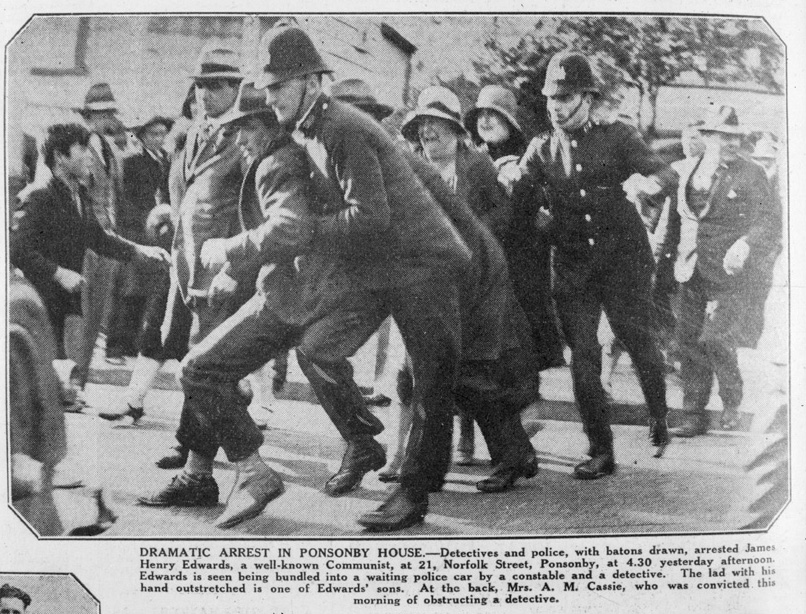On the 7th of October 2001, The United States, the United Kingdom and their Afghan allies, ‘the Northern alliance’ began the brutal military conquest of Afghanistan in an action which they pompously dubbed ‘Operation Enduring Freedom’. As of June last year, a full decade after the initial invasion, this has become the longest war in the history of the United States.
Since ‘Operation Enduring freedom’, the people of Afghanistan have suffered over a hundred thousand civilian casualties. The conquering armies have slaughtered civilians with impunity, using bombs laced with depleted uranium and terrorising them with white phosphorous, a substance that is known to burn human flesh and bones to cinders. Local warlords favoured by the occupiers also do their part, collaborating with the occupying forces in ensuring that countless thousands of their own people are made to illegal torture camps, both in Afghanistan and around the world. Meanwhile throughout the Western world, Islamaphobic hatred is whipped up in order to dehumanise and justify the actions of their governments. Make no mistake; this is a racist, colonial war. It is a war of conquest and subjugation and the people of Afghanistan who are having the very fabric of their society torn to pieces are made aware of it every day.
The resistance of the Afghan people has been desperate and furious. The United States and its allies have been forced to escalate its occupation over the years. There around a hundred thousand troops in Afghanistan and the degree of militarisation in Afghanistan can only be considered astounding. It is also worth noting that today under Barrack Obama’s administration there are more US troops stationed in Afghanistan than at any point of George Bush’s presidency.
Behind Imperial Ambitions
What are the underlying reasons for the invasion of Afghanistan? In today’s political discussions Imperialism is understandably regarded as a dirty word. Think about the tremendous efforts that States have used to justify their occupation of Afghanistan. In the media Muslim people, the people of the Middle East in particular have been consistently demonised; crudely caricatured as despotic, cruel and in need of having the civilising influence of Western democracy. Absurd rhetoric about the war in Afghanistan being about liberating Afghan women from their burkhas is also prominent not to mention the constant labelling of the Muslim world as a seething hotbed of Islamic terrorism and of Muslim people as a barbarian hoard that threatens to overwhelm the West. All these justifications and smears are old imperialist tricks, re-hashed and regurgitated to cover up the true motives of modern imperialist ambitions.
Imperialism at every stage in human history has been about exploiting the many for the interests of the few and today’s imperialism is no different. To understand the truth behind imperialism we need to understand its economic basis in the context of modern capitalism. Capitalism is not a system that is designed to satisfy human needs and wants; the point of production in capitalism is profit. For profits to increase enterprises need to grow; they need expand their markets, gain access to cheap labour and raw materials, so they can produce more and more. All this growth occurs within the framework of competition, which drives businesses to push out competition and control more and more of the productive assets available to them. Eventually, productive assets become concentrated in the hands of a few, and in every capitalist nation a small minority will monopolise the bulk of those resources that everybody needs in order to survive. Controlling what people need confers tremendous power; social, economic and political and effectively the state will exist to serve the interests of this few.
Capitalism is a global economic system and corporate elites in every nation compete with each other on a global stage. In this monopoly phase of capitalism, the economic forces of competition and growth will cause national corporate interests to clash on a global level and individual states become the vehicles through which this conflict is played out. As elites in every country seek new markets and new resources in pursuit of more profit, war and the predatory imperialism of more advanced capitalist nations against the weaker ones becomes inevitable. Poorer, resource rich countries are overrun, culturally, economically and needs be militarily by stronger capitalist powers in order provide the corporate elites of these countries with new resources to plunder and new markets to exploit.
Afghanistan is often described as being of tremendous ‘geostrategic importance’ and this is true. It is a region of the world that touches China, India, and the Middle East. The economic power of the United States is increasingly threatened by competition from the rising capitalist economies of countries like China, India and Brazil. By exerting its military dominance over strategic areas of the world, American capitalists and their capitalist allies in other countries are attempting to assertively reaffirm their global economic hegemony and crowd out competing interests.
New Zealand’s Imperialism
Today in Afghanistan, New Zealand has around 200 troops; despite what we are told, these soldiers are not there to build schools and help old Afghans cross the road. They are the most highly trained and lethal sections of the armed forces; most certainly part of the occupying force. Five New Zealand soldiers have died in Afghanistan since 2010, three in combat. As of the date of this article, the last New Zealand soldier to die in Afghanistan is suspected to have committed suicide.
Our Capitalist class’s fawning commitment to US Imperialism has led to payoffs. After Afghanistan and Iraq, New Zealand and Australia believed that they had the go-ahead to follow America’s example and more aggressively assert their imperial dominance in the Pacific. In 2003, a right wing Australian think tank called ‘the Australian Strategic Policy Institute’, wrote a report on the Solomon Islands claiming that violence was rife, ethnic tension was simmering and that the country was on the verge of degenerating into a failed state. There wasn’t a shred of evidence to support any of these claims, but despite this New Zealand and Australia went ahead with their invasion. The conscious effort to cover up this imperialism is as clear in New Zealand and Australia as it has been for America’s involvement in Afghanistan. Phil Goff, the then minister of Foreign Affairs stated that New Zealand was acting on the invitation of the Solomon Islands Government and that it was vital that the intervention would not e seen as ‘some kind of neo-colonial occupation or invasion’.
Then there was Tonga in 2006 when New Zealand intervened in order to quash a growing anti-monarchist movement. Despite the fact that the Tongan working class has consistently taken to the streets in opposition to its monarchy, Australia and New Zealand unfailingly warns rapid democratisation would cause ‘instability’ and that the Tongan people do not really want or are ready for democracy. While the Tongan aristocracy and royal family enrich themselves by selling off national assets and monopolising ownership of the land, the majority of Tonga’s working class face poverty and political disenfranchisement. The King of Tonga and his nobles are allies of foreign imperial power, they rule in Tonga on their behalf and their rule has nothing to do with the will of their people. When the people of Tonga rose up, New Zealand put an end to it. The New Zealand and Australian Governments sent police and army to quell the uprising. While we were being told that the occupation of Tonga was an act of good neighbourliness, the people of Tonga are fully aware that New Zealand’s presence was intended to scare them into submission. In 2007, elements of the same forces that were used in Tonga were deployed in the terror raids, reminding us that New Zealand itself is a colonised land.

